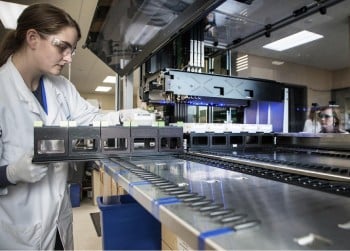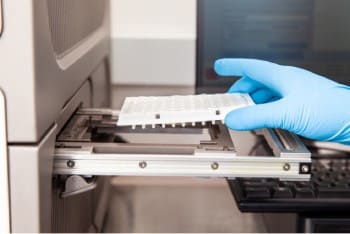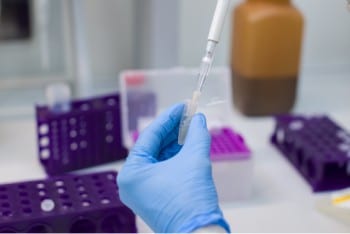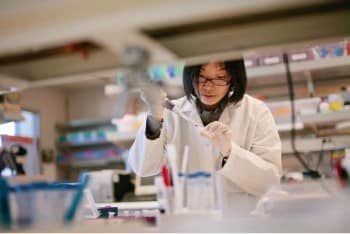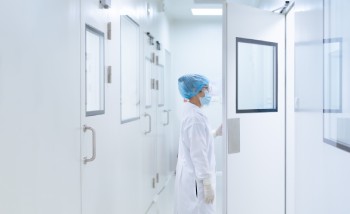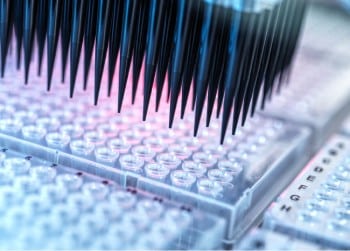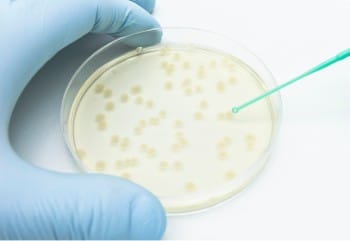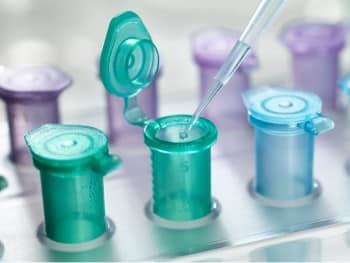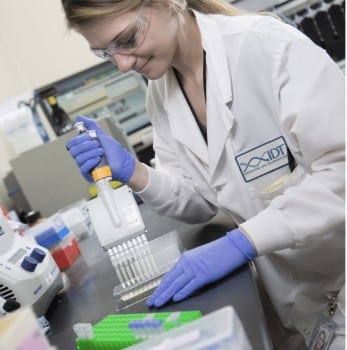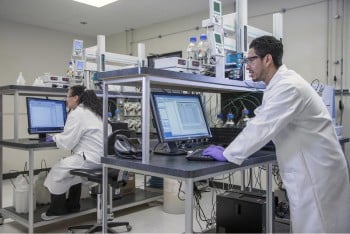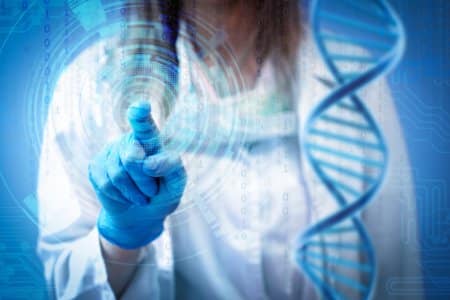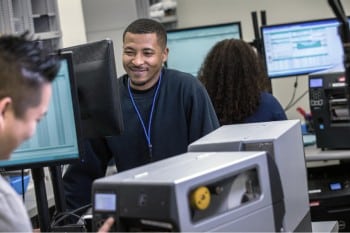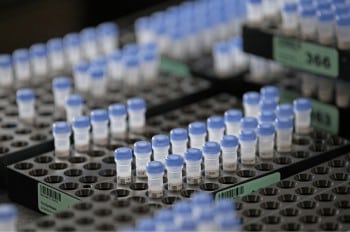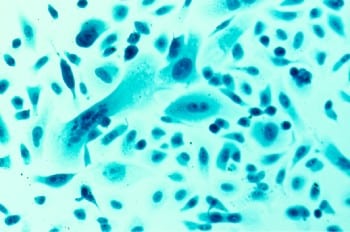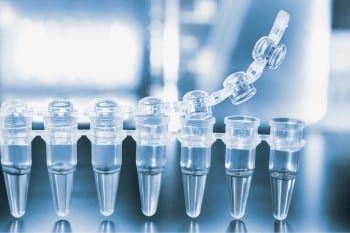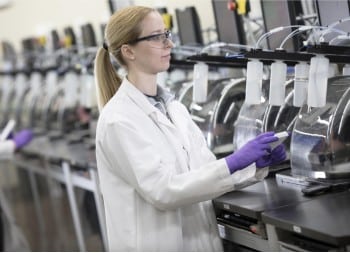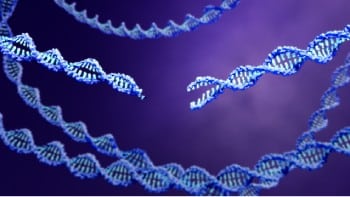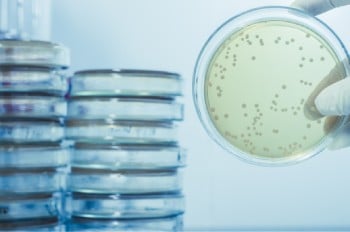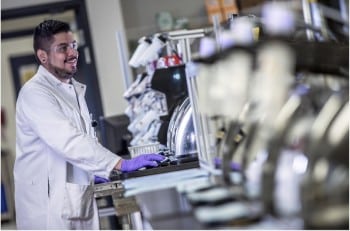Synthetic biology has emerged as a branch of science that combines biology and engineering to redesign existing organisms for a useful purpose. Scientists are trying to solve problems in many fields, from medicine to manufacturing to agriculture, by using aspects of bioengineering to create biologically-based solutions. These synthetic biology products have been applied across industries such as biomaterials, biofuels, renewable chemicals, therapeutics, food and agriculture, environmental remediation.
Synthetic biology helps solve global problems
Dr. Tae Seok Moon’s research laboratory at the University of Washington, St. Louis focuses on the regulatory networks used by bacteria and looks to address energy, environmental, and health concerns. Their research involves using bacteria for purposes such as tumor killing agents, pathogen killing peptides, chemical producing enzymes, and toxic chemical degrading enzymes. By redesigning microbes in such a way that they can handle multiple signals coming in, process those signals, then produce the appropriate and desired outcome Dr. Tae Seok Moon aims to be able to genetically program microbes to control activities such as gene expression, chemical reactions, and evolution.
In this webinar “Systems and synthetic biology: constructing smart and programmable microbes to address global problems,” Dr. Moon discusses how synthetic biology has the potential to address a variety of global problems, including plastic and agricultural waste issues, sustainable bioproduction, and biocontainment of engineered organisms. He also addresses the challenges this technology introduces, as well as the safety concerns involved with potential solutions.
IDT products can help empower investigators to meet their goals
Watch the recorded webinar to hear all about how IDT products can potentially be used in a broad range of applications for synthetic biology purposes.

